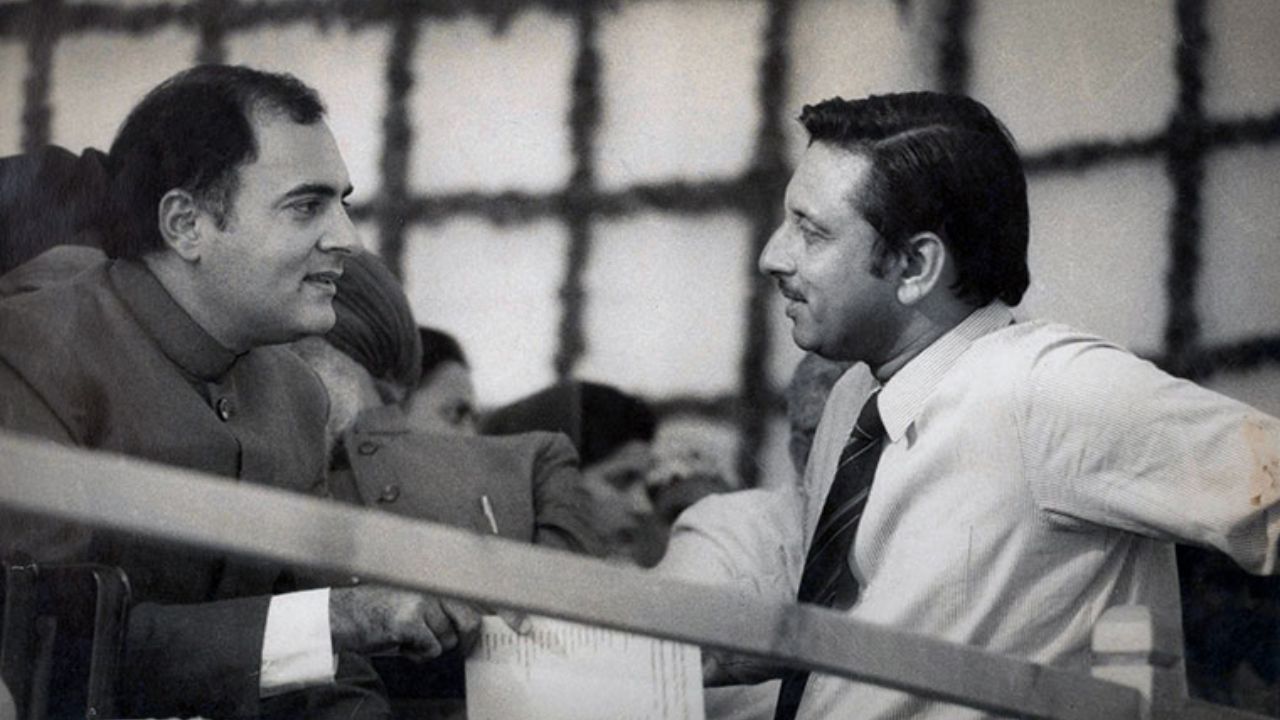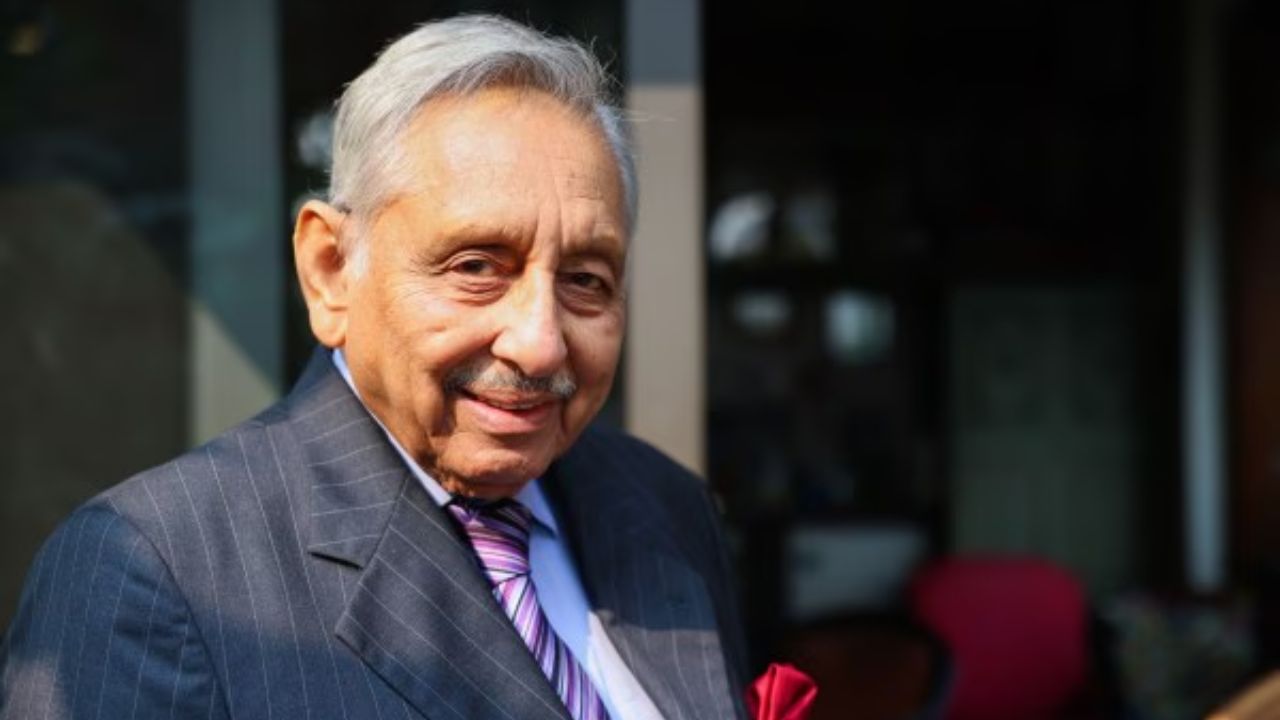 English
English

Mani Shankar Aiyar reflects on Rajiv Gandhi’s bold decisions—from IPKF in Sri Lanka to cultural outreach through Ramayan, and peace efforts in conflict zones—highlighting his idealism, risks, and commitment to national unity over political gains.

Aiyar Speaks Out on Rajiv Gandhi’s Failed Sri Lanka Strategy
New Delhi: Mani Shankar Aiyar stated that the deployment of the Indian Peace Keeping Force (IPKF) in Sri Lanka and the 1987 India-Sri Lanka Accord were intended to prevent Sri Lanka from disintegrating by controlling the Tamil rebellion there.
He believed that a disintegration of Sri Lanka could fuel separatist sentiments in Tamil Nadu, India. Rajiv Gandhi's intention was to ensure Sri Lanka's integrity and India's security, but Aiyar admitted that the Indian military and intelligence agencies let him down.
Mamata Banerjee clarifies Durgapur case remark after backlash, says statement was ‘Distorted’
He stated that mistakes were made in planning and execution and that the Indian establishment failed to grasp the ground realities. Poor leadership and misjudgment of Tamil leaders worsened the situation.
Former Rajya Sabha MP Jawahar Sarkar questioned the broadcast of the Ramayana serial in 1987-88. He asked, "Who and why broadcast the Ramayana at a time when communal tensions were rising in the country due to the Babri Masjid movement?"

Aiyar Blames Army, Intel for Sri Lanka Debacle
To this, Aiyar clearly replied that it was Rajiv Gandhi's initiative. His objective was not political but cultural. Rajiv Gandhi was proud of India's cultural heritage and wanted to bring it to the masses in the new era of color television.
Aiyer stated that the purpose of this effort was not to incite religious frenzy but to highlight India's shared culture.
The government asked whether Rajiv Gandhi's idealism and faith in the people became his weakness. Aiyer agreed, saying that Rajiv's greatest strength—his faith in the people—became his greatest weakness. He explained that many domestic and foreign allies betrayed his trust, leading to political losses.
Aiyer described Rajiv Gandhi's policy as the "healing touch"—a philosophy that prioritized dialogue over violence. In troubled areas like Punjab, Assam, Mizoram, Darjeeling, and Jammu and Kashmir, Rajiv established peace through compromises.
Punjab: Allowed the Akali Dal to come to power at the expense of the Congress.
Assam: Showed the democratic path to the Asom Gana Parishad, which emerged from the student movement.
Mizoram: Ended a 20-year rebellion and made Laldenga the Chief Minister.
According to Iyer, Rajiv prioritized national unity and reconciliation over immediate political gain.
No related posts found.